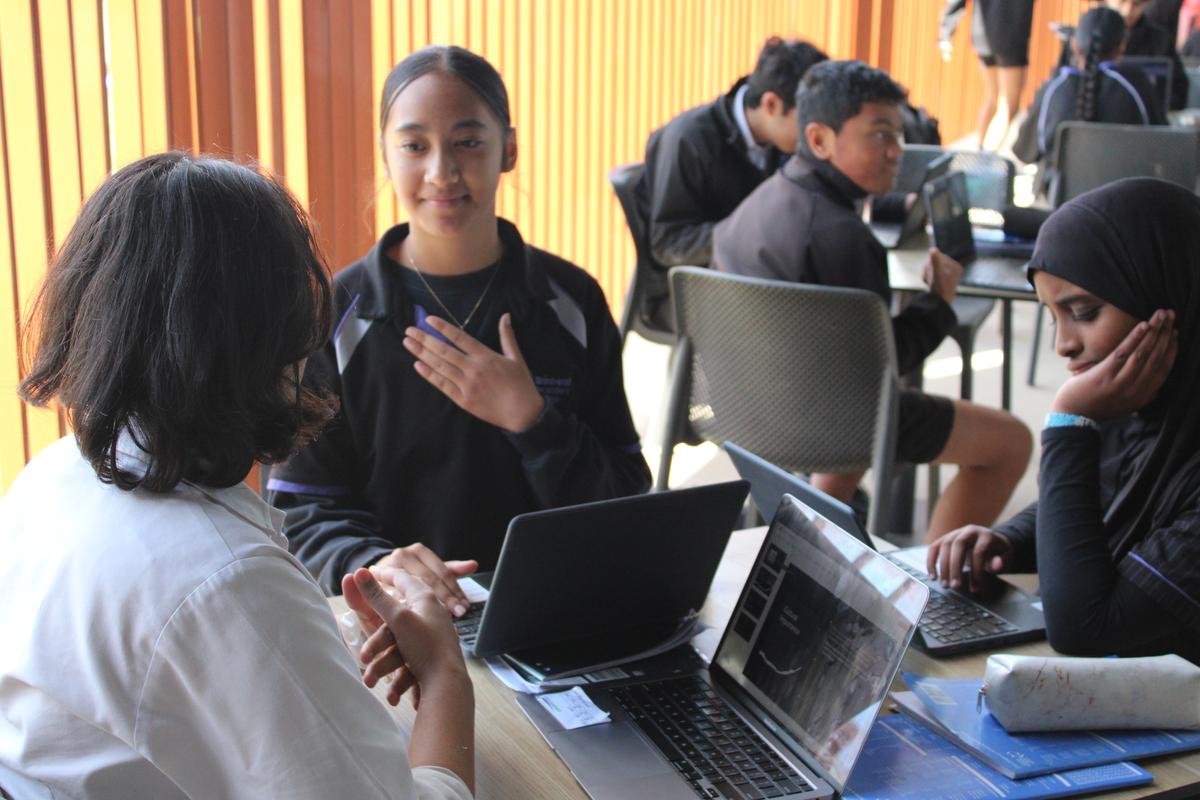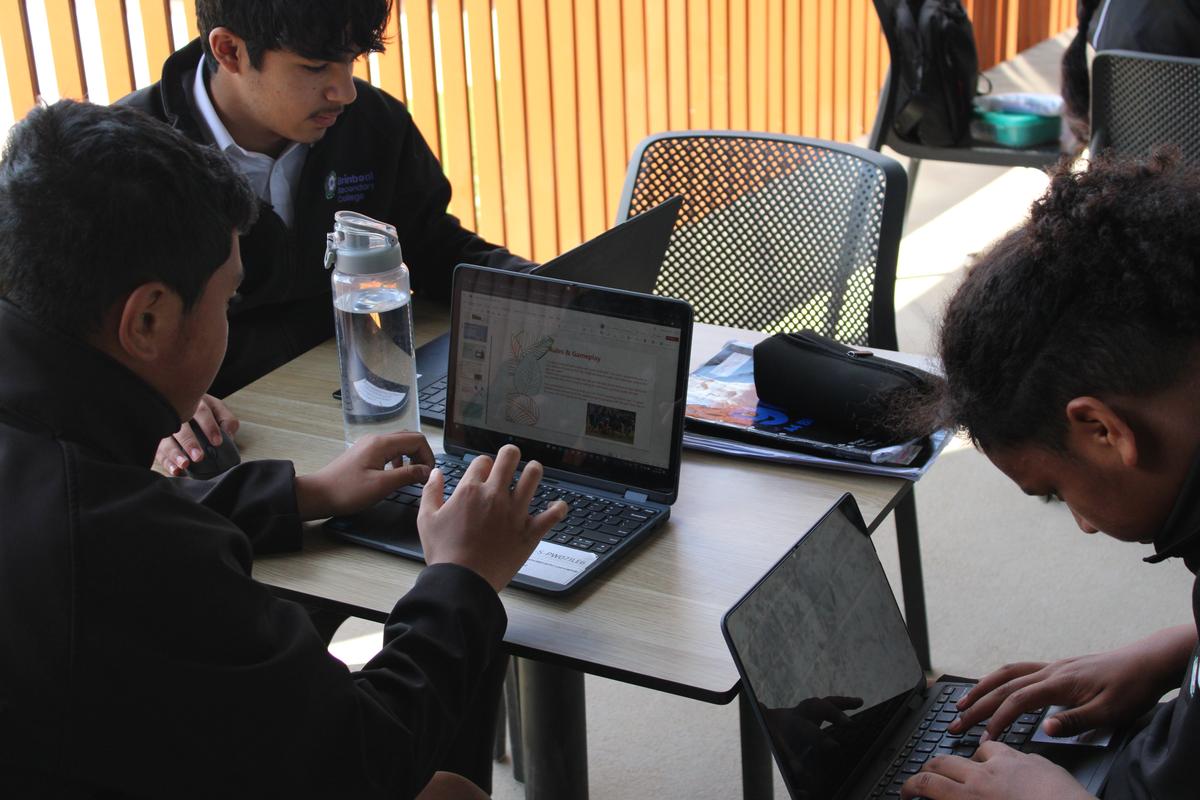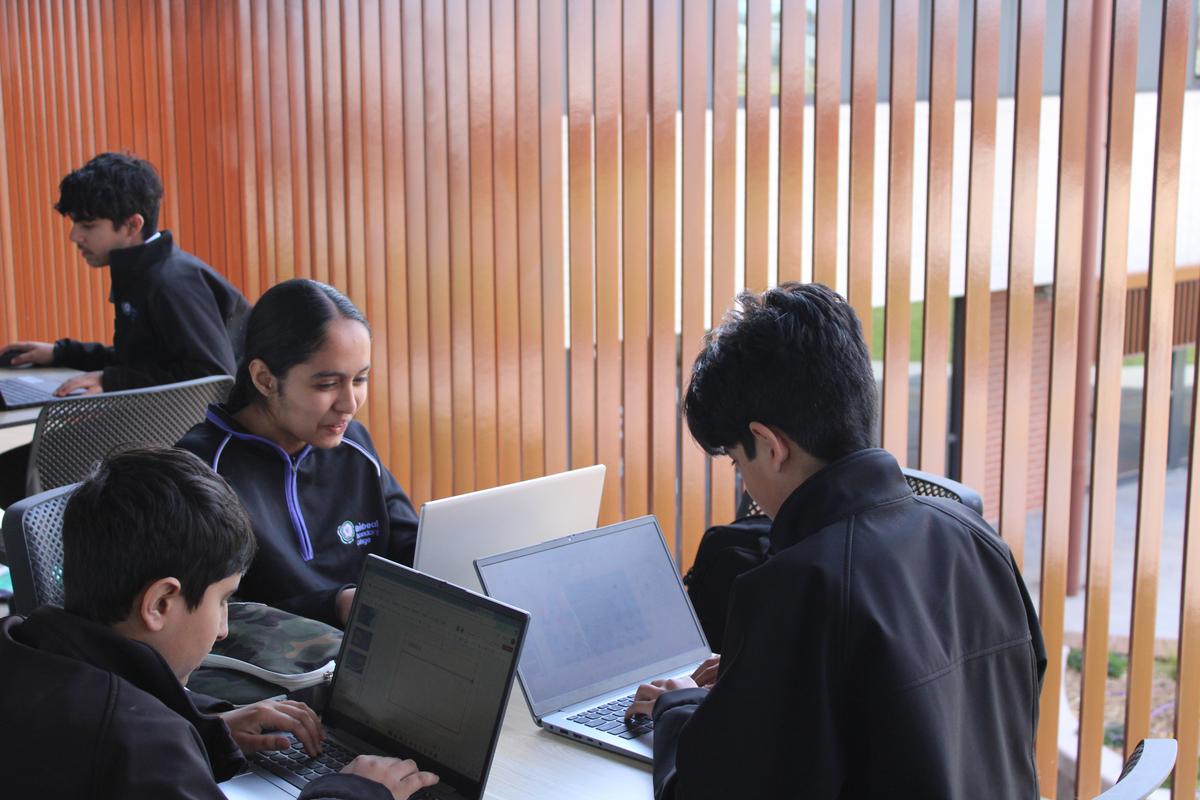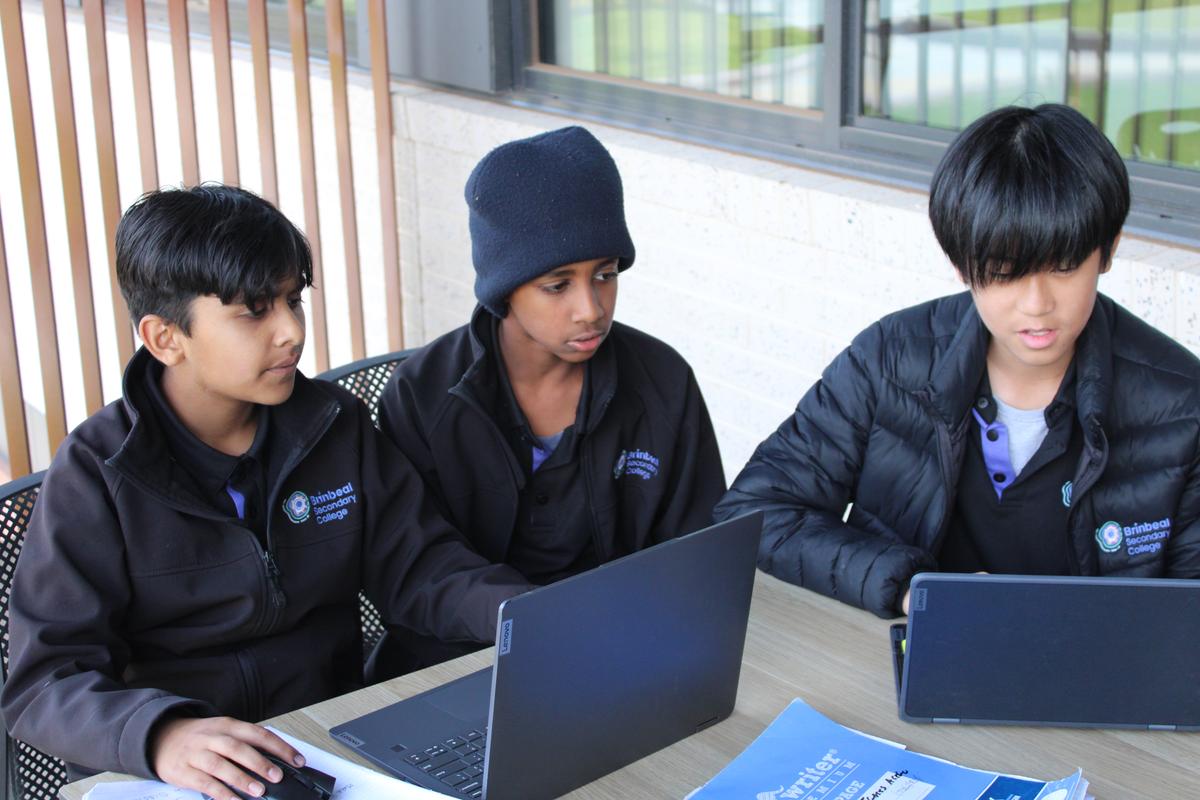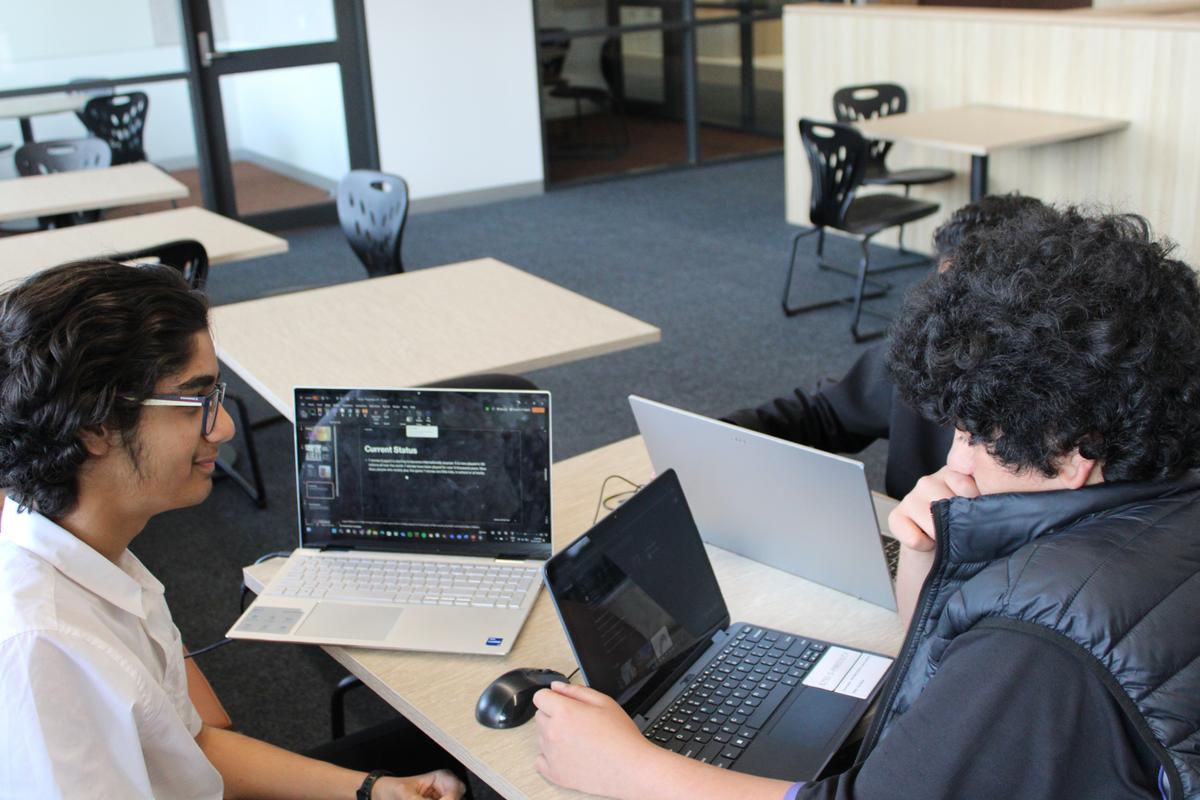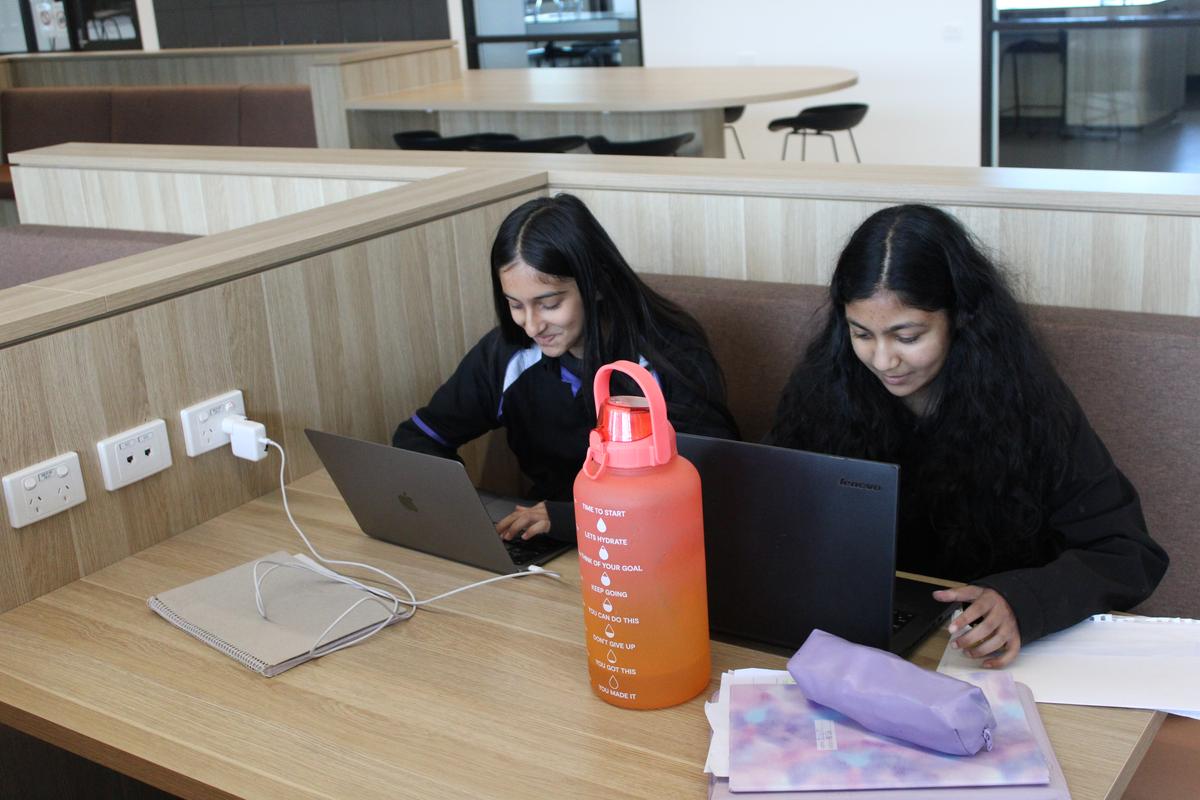Cultural Games
Health & Physical Education

Cultural Games
Health & Physical Education
This term, during PE, year 7 students have been participating in a range of Aboriginal and Torres Strait Islander games. Each lesson students learn about 3 new Indigenous games, focusing on their historical background, cultural importance, rules and current status. The pictures below show students participating in the games of Kokan, Kami Kami and Brambahl.
During Health lessons, students have been working in groups to research a cultural game from a country of their choosing. This week students will begin presenting their findings to their peers and also teaching them how to play their chosen game.
This term, our Year 7 class has been learning about cultural games and their benefits for health. My group explored traditional games like “Bocce” from Italy and “Sepak Takraw” from Southeast Asia, which are fun and safe for everyone. Cultural games encourage physical activity, which is important for our health. These games involve running, teamwork, and skill, helping us stay active while having a great time with our classmates. In this project, we discover the history and traditions of each game. Learning about different cultures helps us appreciate the variety in our world and respect different customs. Overall, exploring cultural games this term has been a rewarding experience. It promotes physical well-being and teaches us about different cultures, showing that games can be both enjoyable and educational.
Jasmeen Sidhu (7H)
In Health and PE, we have started learning about aboriginal or indigenous sports, as a way to develop our understanding and respect for the Indigenous culture's connections to the land. So far we have done 6 or so indigenous games, for example we did Kai a game where we have to try and keep the ball up in the air. Apart from playing Indigenous sports, we also started doing presentations on Indigenous sports, not just from Australia but from many different countries around the world! We also plan to do a physical presentation to show everyone how to play them.
Amira Mohammed 7A
This term in health we have been learning about aboriginal games. In every PE class we have been learning about and trying our best to play aboriginal games. My favourite aboriginal game was Bowitgee, a fusion of touch rugby and basketball. My class and I had lots of fun playing it together. For our assessment we are making a presentation of a traditional game from any country. First the teacher explained to us what we have to include and gave us all a rubric so we knew what to do and how. Each presentation had to have the game, the country, historical background, cultural importance, rules, gameplay, status and even a video for extra marks. My group has Vidya, Kulsev, Abdullah, Arshveer and I. We chose the game 'Patintero' from the Philippines, and I researched on gameplay which took me about 2 days. After completing our slides, we decorated them and practiced presenting. Now we are going to present it to our class this Monday and Wednesday.
Saachi Patel 7D
In Health and PE, we have explored a range of Aboriginal games that bring us closer to Indigenous culture while building our fitness and teamwork skills. One of the games, Buroinjin, has us passing a ball quickly to avoid being tagged, encouraging teamwork and strategic thinking. Along with playing, we also had to work in groups to create a presentation and demonstrate how to play a game of our choice. This activity helped us understand the rules of the game and practice our coordination and improve our teamwork. Through these experiences, we gained understanding into Indigenous culture and built skills like focus and teamwork.
Sehajpreet Kaur 7G
In health and P.E we have been doing an assessment where it requires us to choose a game from a country. In this assessment we are assigned groups and do careful research on the country and what their cultural game is, we then proceed to do a presentation and explain the rules, gameplay, historical event, cultural importance and current status, after we have completed, we practice our presentation until perfection and then present it to our peers.
Aleesya Aminudin 7B
In HAPE this term we are working on Cultural Games. My group has chosen to research and present ‘Capture the Flag’ which originated from Germany. My group has finalised our presentation which we are going to present to the class and then we are going to teach our mentor group how to play the game in the gym in Week 6. During this assessment, I have learnt that the game actually originated from the Civil War because soldiers who were able to save their enemies flags were awarded. I am excited to teach my class how to play this game and hope that they learn not only the rules of the game, but the cultural significance of Capture the Flag.
Ishaal, Rayan and Adeen - 7F
